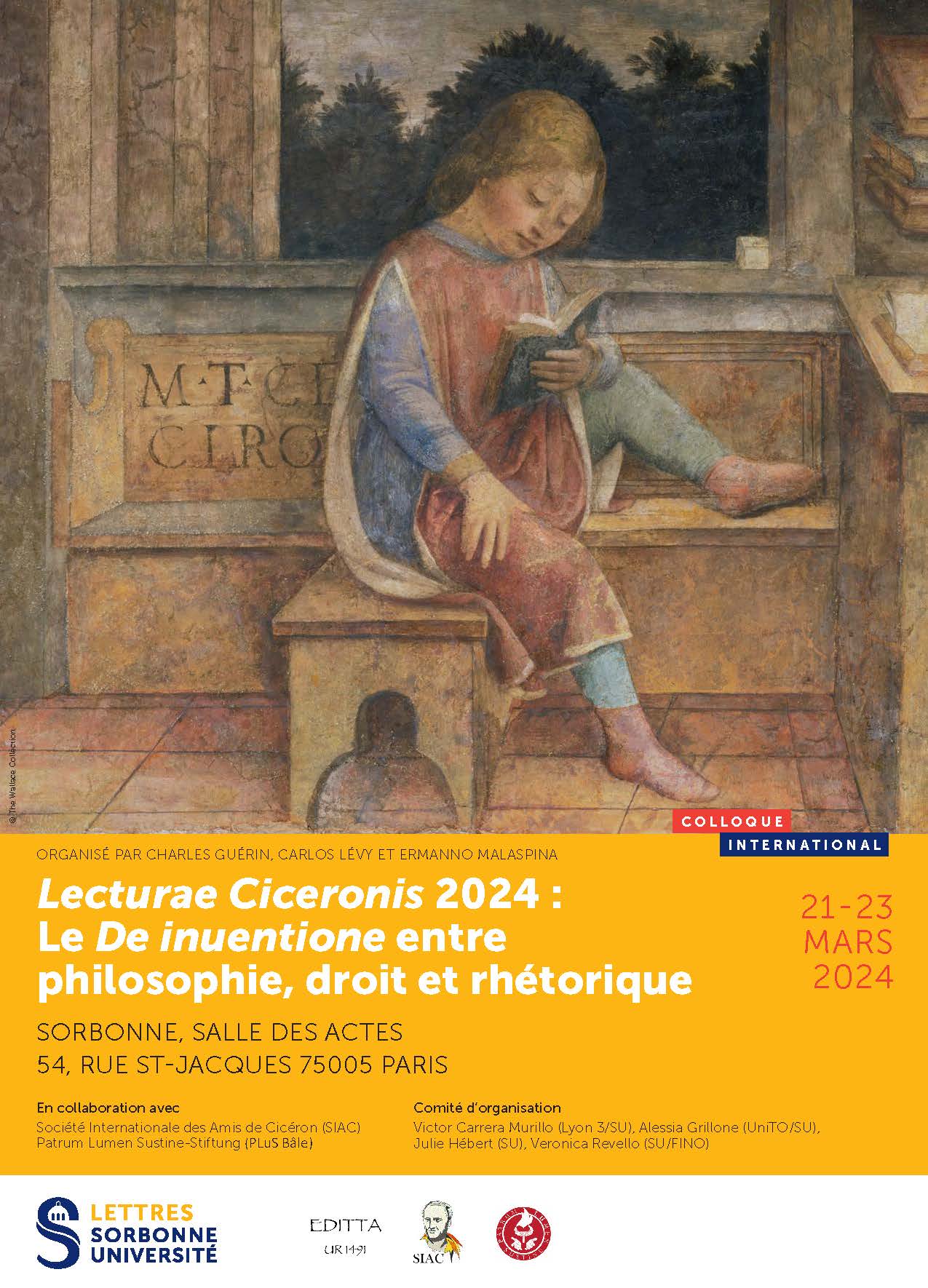Cicero’s De inventione: Where is the Res Publica?
DOI:
https://doi.org/10.13135/2532-5353/11647Abstract
Cicero opens the work with the age-old problem of eloquence used for the wrong ends, and he evokes the res publica as part of that context. He mentions examples of such misuse in passing (the Gracchi at inv. 1, 5; 1, 91) but not Saturninus or Livius Drusus the Younger who arguably exemplified controversial oratorical interventions in the res publica shortly before he composed his work. And he mentions the problem of maiestas but mainly as a definitional problem, less as the major legal and political problem of the 90s and 80s BC illustrated in other extant sources. This paper discusses Cicero’s explicit mentions of the res publica, their meanings, and their implications for a reading of Cicero’s work as not only a handbook on the first task of the orator but also as a work composed by an author later formulating complex ideas of the res publica: indeed, where is the res publica in the De inventione?
Downloads
Downloads
Published
How to Cite
Issue
Section
License

This work is licensed under a Creative Commons Attribution-ShareAlike 4.0 International License.
Authors who publish with this journal agree to the following terms:
- Authors retain copyright and grant the journal right of first publication with the work simultaneously licensed under a Creative Commons Attribution License that allows others to share the work with an acknowledgement of the work's authorship and initial publication in this journal.
- Authors are able to enter into separate, additional contractual arrangements for the non-exclusive distribution of the journal's published version of the work (e.g., post it to an institutional repository or publish it in a book), with an acknowledgement of its initial publication in this journal.


 Ciceroniana On Line is recognised by ANVUR (the National Agency for the Evaluation of the University System and Research) as a CLASS A journal for the Sciences of Antiquity, Philology, Literature and History of Art (
Ciceroniana On Line is recognised by ANVUR (the National Agency for the Evaluation of the University System and Research) as a CLASS A journal for the Sciences of Antiquity, Philology, Literature and History of Art ( The journal is included in DOAJ. The DOAJ listing of the journals is available at
The journal is included in DOAJ. The DOAJ listing of the journals is available at  The journal is indexed in
The journal is indexed in  The journal has been included in ERIH PLUS. The ERIH PLUS listing of the journals is available at
The journal has been included in ERIH PLUS. The ERIH PLUS listing of the journals is available at 

